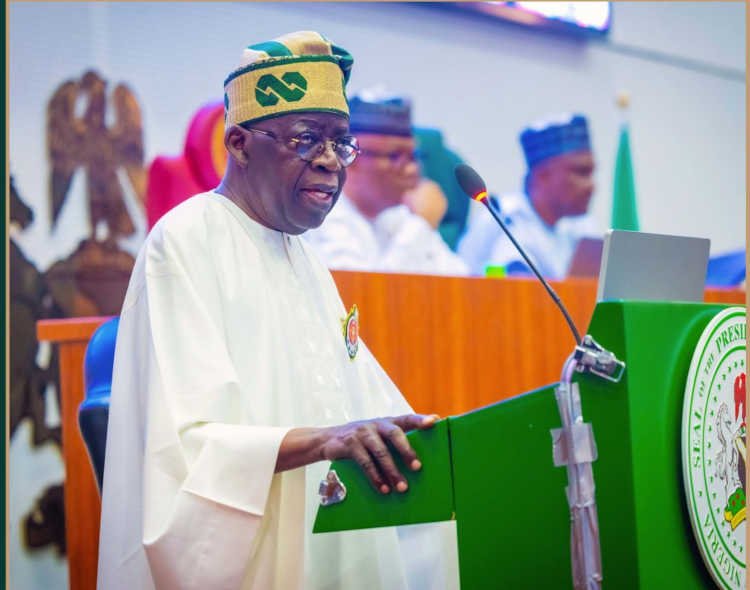Nigeria recently increased its budgetary allocation to education by over 100 percent, but the 2024 proposal still falls short of global standards for expenditure in the sector.
Development Diaries reports that in its 2024 budget estimates of N27.5 trillion, Nigeria proposed N2.18 trillion, which represents 7.9 percent of the total budget, for its struggling education sector.
A breakdown of the education budget reveals that the Tertiary Education Fund (TETFUND) would get N700 billion, Universal Basic Education Commission (UBEC) N251.47 billion, while the Ministry of Education gets N1.23 trillion inclusive of recurrent and capital expenditure.
Although the N2.18 trillion for the sector is an improvement on last year’s allocation (N1.08 trillion) to the sector, it still falls short of the minimum of 15 percent (of the total budget) for education as recommended by the United Nations Educational, Scientific and Cultural Organisation’s (UNESCO).
While we acknowledge that education, under Nigeria’s constitution, is on the concurrent list, the federal government’s intervention in basic education can be more effective if the country amends its Universal Basic Education (UBE) Act, which currently allows for only nine years of free education.
The UBE only covers primary education to junior secondary school three (JSS3). Therefore, children who wish to continue their education up to senior secondary level have to pay school fees, which, unfortunately, many Nigerian families cannot afford. This is one of the reasons the country’s out-of-school numbers keep growing.
Student loan concerns
In tertiary institutions, the federal government has yet to meet the needs of the Academic Staff Union of Universities (ASUU), as public schools are poorly funded.
Although the President Tinubu administration has earmarked funds for the Student Loan Programme, which enables Nigerian students of tertiary institutions to access loans at interest-free rates, we fear that this programme may prove counterproductive in the face of poor quality education. The country’s education sector is grossly underfunded. That is the issue.
As lawmakers prepare to engage heads of government ministries during budget defence, they must ask the minister of education how the government plans to address this issue based on the amount budgeted for the ministry in the 2024 Appropriation Bill.
Struggling health sector
Concerning the health sector, Africa’s most populous nation failed for the umpteenth time to meet the Abuja Declaration by African leaders in 2001 and the World Health Organisation (WHO) to allocate at least 15 percent of yearly national budgets to health.
The Tinubu-led government proposed N1.33 trillion, which is five percent of the total budget, for the health sector.
Recent findings show that the challenges that limit the effective delivery of primary health care (PHC) services in Nigeria still exist. Most of the PHC facilities cannot provide essential health-care services due to issues tied to poor staffing, inadequate equipment, and poor funding.
Also, the glaring fact that Nigerian doctors are poorly paid, overworked, and lack necessary work tools, which has led to increased emigration of doctors, shows that the health sector is facing a crisis that needs adequate funding.
Development Diaries calls on the National Assembly to ensure that while lawmakers critically scrutinise the details of the Appropriation Bill, the budgets for the education and health sectors meet the minimum standards.
Photo source: Presidency Nigeria







